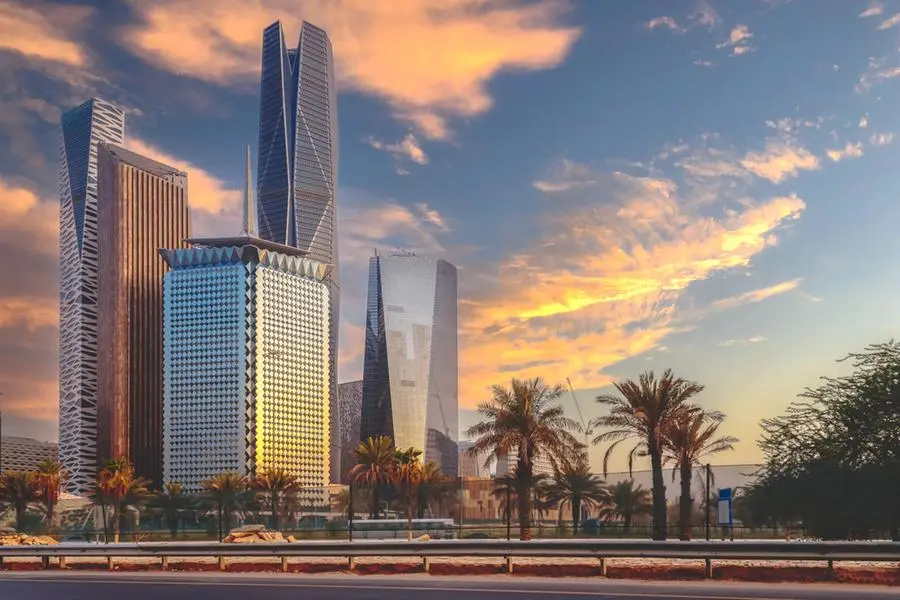The deadline of January 1, 2024, for Saudi Arabia’s Project Regional Headquarters (RHQ) is fast approaching, and it is an initiative led by the Ministry of Investment, Saudi Arabia (MISA), and the Royal Commission for Riyadh City (RCRC) that aims to attract companies to the kingdom. However, industry experts speculate that the status of Dubai as a regional hub may face an impact.
According to MISA, companies must have an office anywhere in Saudi Arabia to be eligible for government contracts worth SAR 1M ($266,667) or more. Consequently, there has been a noticeable rise in the number of firms announcing the opening of headquarters or expanding their presence in the kingdom.
For example, Bupa, a London-based private healthcare and insurance company, recently unveiled its expanded office in Riyadh as part of its Bupa Arabia business while maintaining an office in Dubai as part of Bupa Global.
Other notable international companies include PwC, which launched its regional headquarters in Riyadh in May, and Clifford Chance, a prominent British law firm, which formed a joint venture with Abuhimed Alsheikh Alhagbani Law Firm (AS&H) in the kingdom in March.
Reports suggest that Huawei is considering relocating its Middle East headquarters from the UAE to Saudi Arabia, although the Chinese tech giant has not confirmed this move.
MBC Group, a prominent media company, relocated its headquarters from the UAE to Saudi Arabia last year, and Hewlett Packard established its Middle East organization with a headquarters in Riyadh in February.
Taimur Khan, Head of Research at commercial real estate and investment firm CBRE, emphasizes that the delivery of projects in the coming years will be crucial in assessing the readiness to accommodate the influx of companies. He notes that there isn’t enough stock available for new occupiers in the market, and affordability has become a challenge.
Faisal Durrani, Partner and Head of Middle East Research at Knight Frank, believes that Dubai and Riyadh can complement each other as hub cities in the region rather than compete. He mentions that they are already each other’s top destinations from their respective airports.
The presence of foreign companies in Saudi Arabia will also be impacted by local requirements such as employing a percentage of Saudi nationals, known as “Saudisation.” However, experts assert that it will not be a case of “one or the other” between Dubai and Riyadh, as businesses may need a presence in both cities.
With the January 2024 deadline approaching, there has been a surge in inquiries from various firms seeking to relocate. The King Abdullah Financial District (KAFD), a large commercial development, is under construction and expected to be ready in time for the deadline.
While it remains uncertain which city will emerge as Saudi Arabia’s next hub after Riyadh, Saudi Arabia’s mega and giga projects are among the most ambitious developments, encompassing residential, commercial, retail, and entertainment real estate. These projects reflect the kingdom’s commitment to economic growth and diversification.


